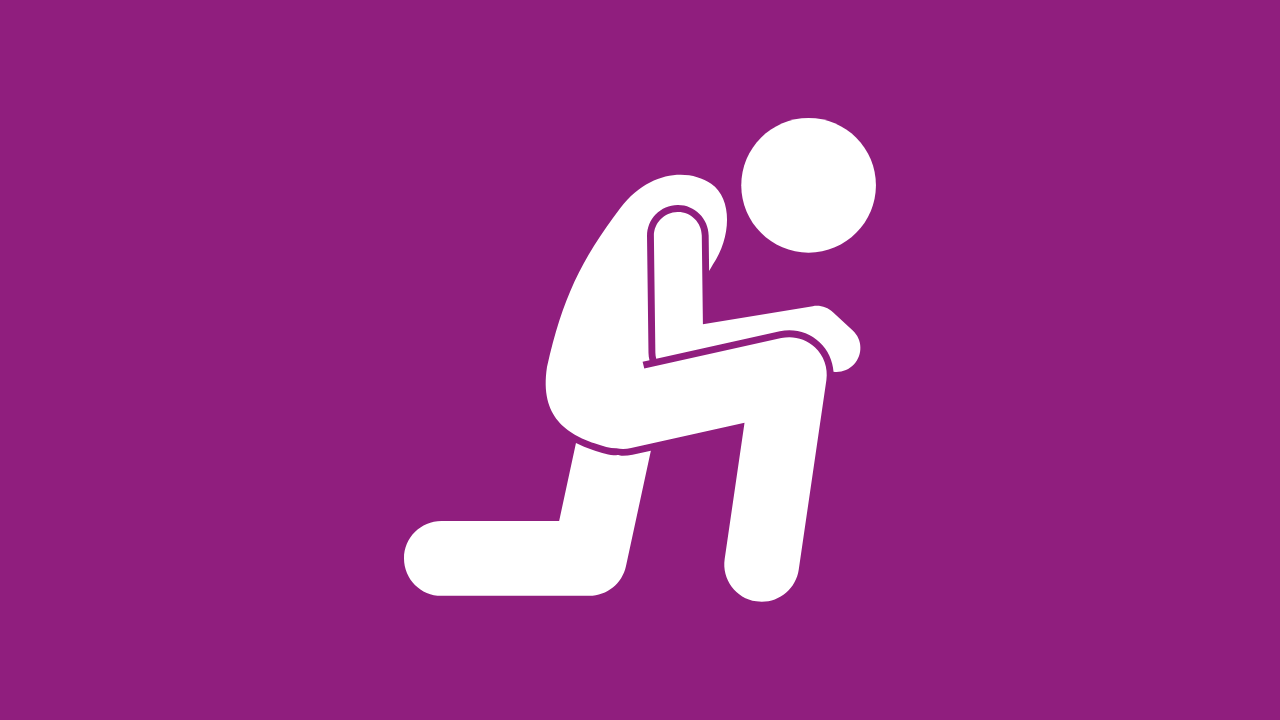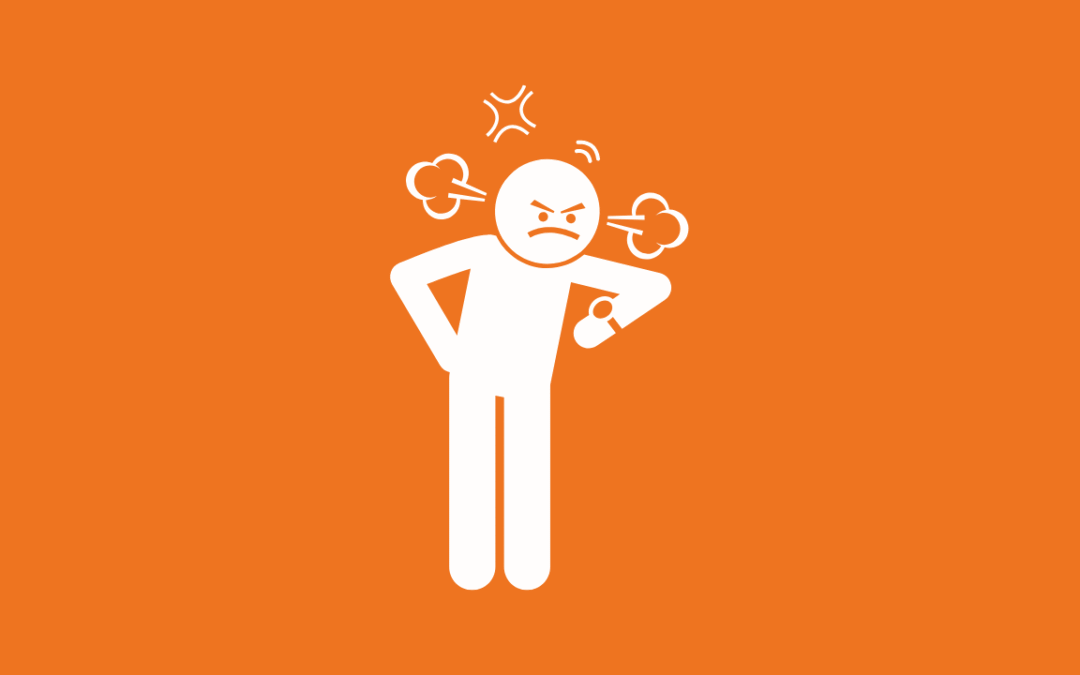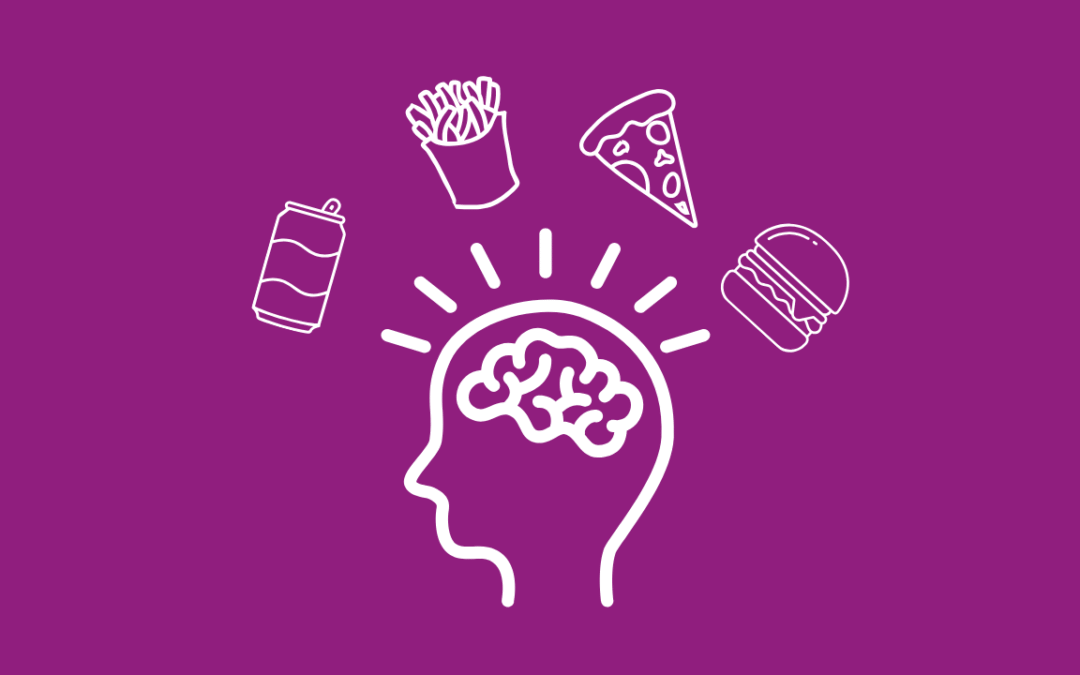Prefer to listen? Click here.
It’s time to stop over anticipating other people’s needs. I feel I’m talking mostly to the women out there but whatever your gender, if you’re one of those very giving, helping, serving, caring people then I bet you might be taking it too far and, at a detriment to yourself. You may not even realise it.
What it looks like to over anticipate people’s needs
Imagine you ask a fully grown adult if they want lunch. They say no, they’re not hungry. They say they won’t eat until dinner. So, off you go to make lunch for yourself. And then:
- You ask them one more time, just to make sure.
- You worry that they’ll see you eating and wish they had some, so you make extra just in case.
- You assume they’ll get hungry before dinner, so you make extra just in case that happens.
You might think this is harmless and thoughtful. But it’s not. It’s overkill.
It’s ignoring their autonomy. They said ‘no’.
It’s thinking you know them better than they know themselves. They said ‘no’.
It’s creating a problem that doesn’t exist which now requires your mental, emotional and physical energy to solve it. They said ‘no’.
Here’s another example:
- Your colleague is doing a project and said they’re fine managing it alone.
- You worry they might not have the capability and capacity to do it.
- So you start scoping out sections of the project, finding resources for them and staying late in the office to email it all over.
You might think this is helpful and you’ve saved them some work and time. But it’s not. It’s overkill.
It’s undermining them. They said they’re fine.
It’s ignoring their competency. They said they’re fine.
It’s taking control of their project. They said they’re fine.
It’s adding a whole new load of mental and physical work to your own plate. They said they’re fine.
And if you’re still thinking “Err no, that’s just me being a super colleague, that’s me being thoughtful and kind”….
The truth is…
You think it’s thoughtful and kind because that’s how you were trained/ raised to think, not because it is.
A fully grown adult took on that project, told you they’re fine and will ask for help if they need it. It’s not for you to take over and assume responsibility for the work.
Similarly, a fully grown adult told you they weren’t hungry. If they were, they would say so. It’s not for you to assume otherwise and prepare more food ‘just in case’.
Is this triggering you?
If this makes you uncomfortable, if you’re feeling resistance to what I’m saying, it’s simply because you’ve never experienced it. It’s new to you.
You’ve grown up being taught that it’s your job to anticipate other people’s needs. Therefore the idea that someone can be totally responsible for themselves and it’s got nothing to do with you, causes quite the brain freeze. Especially if that person is someone close, like your spouse, parent or grown up child.
You’ve grown up trying to get other people’s affection, love and approval by over anticipating and meeting all their needs. Therefore, doing anything other than that, might sound risky to you, and perhaps selfish. Wrong. Bad. And of course, you don’t want to be any of those.
But you see, I’m not saying to be selfish
I’m not saying stop taking care of people. Stop helping. Stop being generous and thoughtful. Some of us are truly brilliant at caring for others. It’s our gift, it’s nurturing, it makes the world turn. I love it, it’s great! BUT, check in with yourself. Are you going too far?
When does healthy caring for people turn into unhealthy care-taking at the expense of yourself?
When does thinking about others become obsessing about others because you feel overly responsible for their needs?
When does helping someone from generosity and service, become doing it to settle your own need for control or approval?
You’ve got to learn the lines. Because currently, they’re blurred.
Boundaries are healthy
Unless it’s a small child, an animal, an elderly person, or someone who is unwell or vulnerable in any way, then it’s not your job to over anticipate their needs.
Whether it’s your parent, sibling, friend, spouse, older child, colleague or client – even a stranger, you must learn the boundaries of mature, functional relating between autonomous beings.
You must learn where you stop and they begin.
Where your duty ends and theirs starts.
This is HEALTHY.
And it will improve your life.
I once ruined hours of a beautiful spa day because I got fixated on how there weren’t enough lounge chairs for complete strangers, and I felt bad that mine wasn’t in constant use! I was scanning the room noticing people’s discomfort and somehow feeling responsible for it. I couldn’t even fully relax into the bubbly goodness of the jacuzzi because someone else might be waiting to use it too and that made me uncomfortable.
This is mental, let’s be honest. This isn’t healthy at all! But it’s true!
Do you see? Over anticipating people’s needs isn’t cool. It’s not kind. It’s simply debilitating.
How to stop doing it
We always start with self awareness.
Reflect on you. Look backwards at a scenario or person where you think you have this problem and write down specific examples where it happens and what you do. Bring it all up so you can see it. That’s half the battle – become aware.
Next, you want to start noticing it in real time and stopping.
For example, when someone says “no I’m not hungry” you take that as the full answer. You don’t probe further or start thinking ‘I’ll make something just in case’. Catch yourself in real time and make a conscious choice to change your thoughts and habits. That’s the only way we can truly change.
Repeat this pattern of reflection and action as much as you can.
Over time, you’ll have less anxiety and worry, your head will feel less full, you’ll free up time and shorten your to-do list and release all the energy that you’d spent over anticipating other people’s needs and solving problems that didn’t exist.
You can now use that time, energy and mental space to do something more fruitful such as rest and regenerate yourself, look after your health, and take on your hobbies, projects, desires and more.
Your life will become more enjoyable, simple and fulfilling when you stop over anticipating other people’s needs. And you deserve a life that feels like that! So I hope you take this opportunity to create it.
If this blog has resonated, you might like to read this one on codependency as over anticipating people’s needs is a sign of codependency. My codependency visualisation might also help you.




